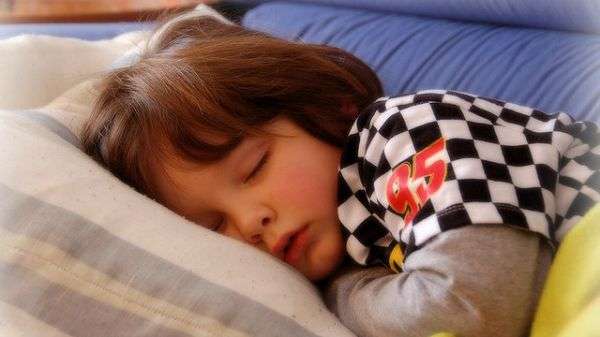Sleeping on cerebral palsy difficulties

While a decent night's sleep is hard enough for some people to master children with cerebral palsy (CP) face added sleeping pressures with recent research finding the child's ability to sleep well hinging on their level of physical impairment.
Local researchers reviewed the cases of 154 CP sufferers who were up to 18 years old to identify their sleeping issues according to age and Gross Motor Function Classification Scale (GMFCS) levels.
Ability Centre senior occupational therapist Susan McCabe says the home-based sleep assessment included a safety checklist, postural assessment, data collection during sleep, a 'sleep profile' interview proforma and parent-recorded daytime and nighttime data.
She says it is important to see the child in their own home as the sleep setting can be key to what makes a difference to the individual.
The study identified 16 factors of concern, including body position, movement, breathing, reflux, pain, daytime activity and routines and general behaviour.
Ms McCabe says the study showed children of all ages and levels of CP severity had problems sleeping, however, their sleep concerns varied according to severity.
"We saw children of all ages, if they had a mild impairment, their sleep concerns tended to be more around the sleep setting, bedroom environment, their routines, activities and personal factors of how they were coping with everyday life," she says.
Severe impairment affects nighttime posture
"Whereas children and young people who have a more severe physical impairment, may have severe spasticity, which will affect their posture and their movement.
"They may have difficulty moving, or they might move too much; we notice the concerns for children with more severe impairment tend to be more around physiological functions."
Ms McCabe says it is important for both children and their family to sleep well, with research showing sleep has a significant impact on wellbeing and people's ability to perform everyday tasks.
"Every cell in our body needs us to have a good night's sleep, for our body to do what it needs to do," she says.
"Like all families, families with children who have CP are busy with everyday life.
"If they have chronic and possibly severe sleep disturbance, it just makes the whole challenge of getting on with everyday life a lot greater for them."
She says that if they can identify sleeping problems and then work as a team to address them then it should improve things.
More information: "Sleep concerns in children and young people with cerebral palsy in their home setting." J Paediatr Child Health. 2015 Jun 4. DOI: 10.1111/jpc.12933



















